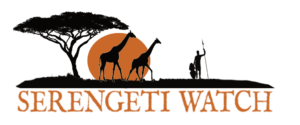ABOUT SERENGETI WATCH
Serengeti Watch was founded in 2010 in response to the proposed construction of a commercial highway through Serengeti National Park, a development that would have fragmented the ecosystem and destroyed the migration as we know it. We discovered and sounded the alarm on this major threat. And we followed up with a campaign that included petitions by world scientists and individuals around the world, and support of a legal case in the East African Court of Justice. Since then, we have continued to monitor the Serengeti ecosystem and build programs to support it.
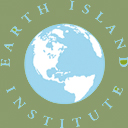 Serengeti Watch is a nonprofit organization working through Earth Island Institute, its fiscal sponsor in Berkeley, CA. Earth Island Institute is an established and respected conservation organization in the US.
Serengeti Watch is a nonprofit organization working through Earth Island Institute, its fiscal sponsor in Berkeley, CA. Earth Island Institute is an established and respected conservation organization in the US.
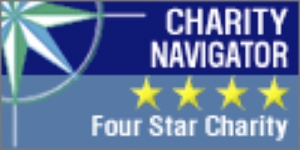 Earth Island Institute hasthe highest rating on Charity Navigator.
Earth Island Institute hasthe highest rating on Charity Navigator.
The Future of the Serengeti
It is far from certain that the Serengeti will survive as we know it through this century. A host of threats face the ecosystem: A relentlessly increasing human population makes it hard for people to rise out of poverty. Without direct benefits from conservation, and without understanding how conservation contributes to development, people see the problem as “animals vs. people.” They believe their children, livestock, and farms should take priority. Poaching for bush meat, deforesting for fuel, grazing cattle in the park, these are simply ways to survive. Yet they have dire consequences for the Serengeti.
Communities around the Serengeti already stretch the land’s capacity. If population continues to grow at the current pace, doubling by mid-century and quadrupling by the end of the century, the pressure will be too great. Good governance is crucial for conservation, but in the face of suffering, extreme politics emerge.
Mission and Values
The mission of Serengeti Watch is to build lasting protection of the Serengeti-Mara ecosystem by and for the people of East Africa.
Geographic scope
The Serengeti ecosystem, or Serengeti-Mara ecosystem, is composed of the Serengeti National Park and adjoining protected areas in Tanzania, including the Ngorongoro Conservation Area. In Kenya, it includes the Masai Mara Reserve and the surrounding Greater Mara. All of these areas are part of a whole, critical to the ecosystem that we will simply term, the Serengeti.
Our mission is focused on, though not limited to, Tanzania. Whenever possible, support will carry over into Kenya through cooperation with NGO’s there.
Values
- Wilderness is vital to human life and needs protection
- Development and conservation must work together
- Solutions must come from the ground up
- Local people must be able to benefit from conservation
Key Assumptions
- Existential threats to the Serengeti are building and will increase, especially as human population soars.
- We still have an opportunity to build lasting support, but time is running and a sense of urgency is needed.
- International support is important but will not be sufficient. Conservation must be built from the ground up.
- An important way to inoculate against the vicissitudes of bad policies and destructive politics is to provide strong and widespread support among ordinary citizens.
Strategy: Build Worldwide Support. Fund Local Action
The Serengeti ecosystem really extends beyond the boundaries of the park and adjacent protected areas, into surrounding farms, villages, and towns. Ultimately, people and wildlife share this extended ecosystem and their fates are intertwined.
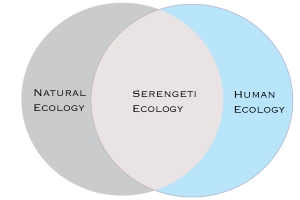 Preserving the Serengeti is a function two interrelated factors:
Preserving the Serengeti is a function two interrelated factors:
Natural Ecology needs scientific research and monitoring, invasive species eradication, anti-poaching patrols, effective law enforcement, veterinary services, new technologies like drones and remote sensing – all essential to understanding and protecting a complex natural ecosystem.
Human Ecology involves the complex human ecosystem stretching from farms and village around the Serengeti, ultimately to far off cities and government offices where economic and political decisions are made. In the end, these socio-economic factors within East Africa will decide the Serengeti’s fate. Without addressing these social, economic, educational and political dimensions, all other efforts will be for naught.
Our Partner
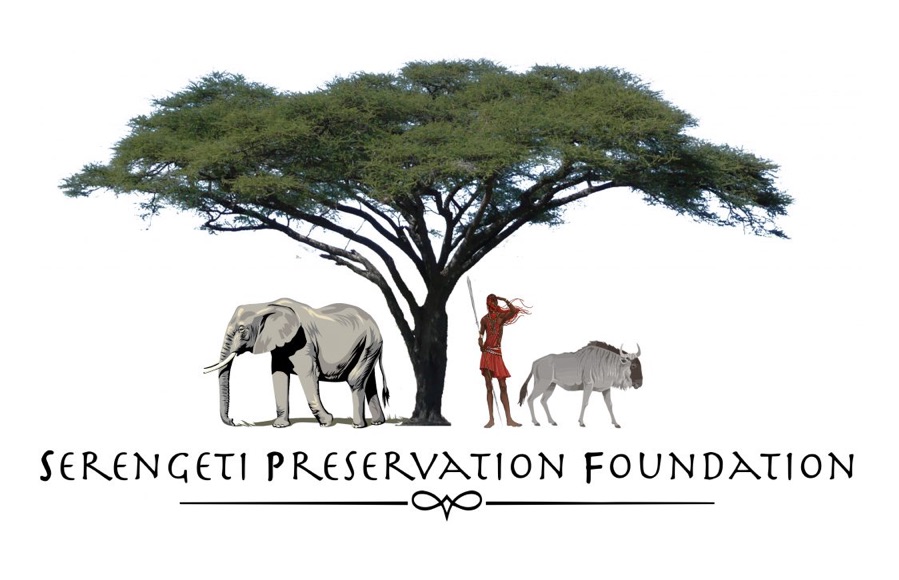 The Serengeti Preservation Foundation is Tanzanian nonprofit organization. SPF is led by Meyasi Meshilieck, who is responsible for designing and implementing our programs for local communities in the Ngoronggoro District, next to the Serengeti National Park.
The Serengeti Preservation Foundation is Tanzanian nonprofit organization. SPF is led by Meyasi Meshilieck, who is responsible for designing and implementing our programs for local communities in the Ngoronggoro District, next to the Serengeti National Park.
Contact Us
